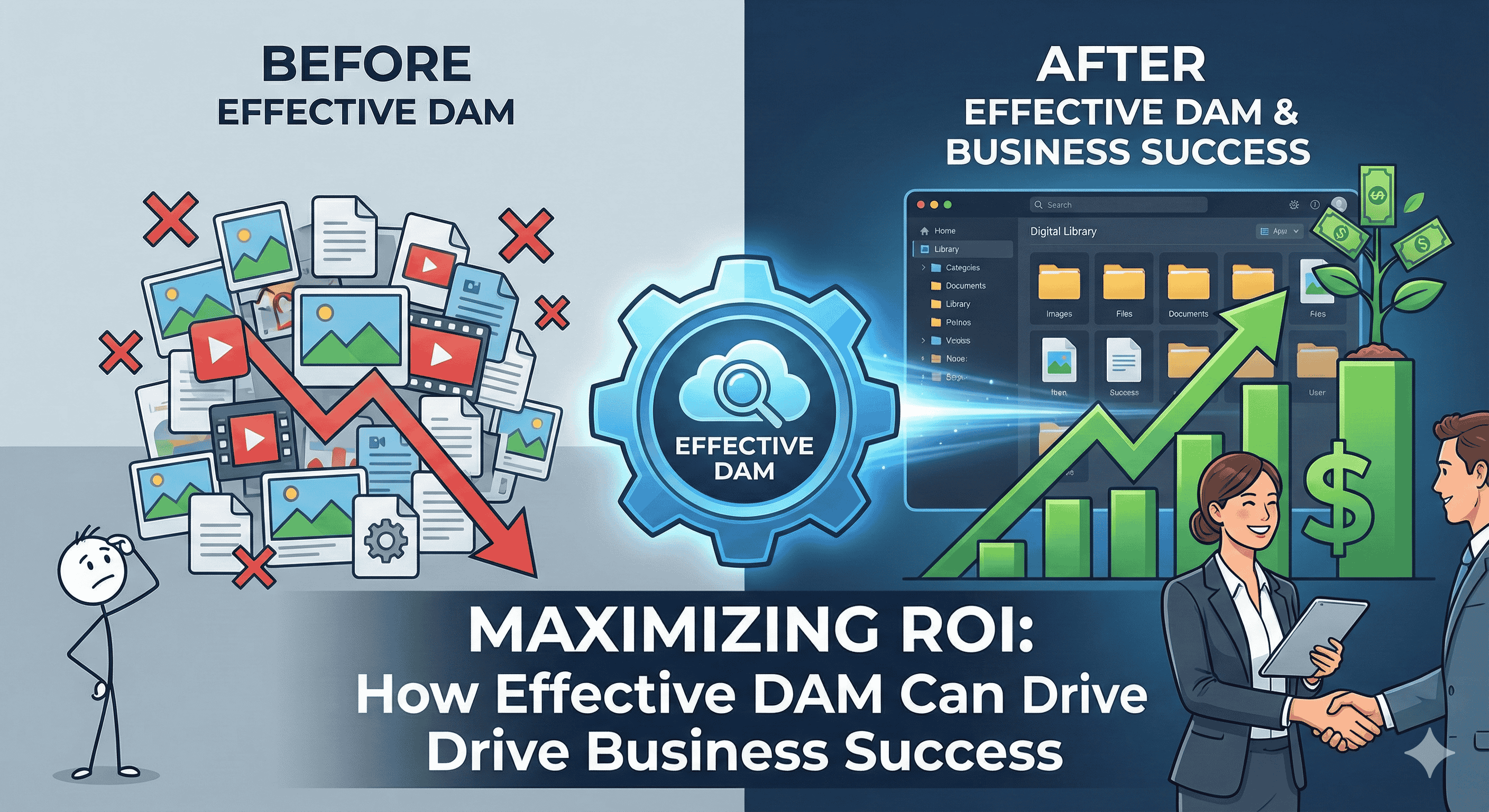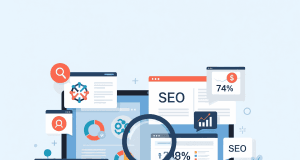In today’s digital landscape, effective marketing strategies are essential for businesses aiming to thrive. As consumers increasingly turn to online channels, the challenge of reaching and engaging them has never been more complex. Enter campaign management tools—powerful solutions designed to simplify, streamline, and elevate digital marketing efforts. This article explores how these tools can transform your digital marketing campaigns and unlock new levels of success.
The Evolving Landscape of Digital Marketing
Digital marketing has shifted dramatically in recent years, influenced by advances in technology and changing consumer behaviors. Businesses now contend with a multitude of platforms, ranging from social media and email to search engines and mobile apps. Navigating this landscape requires not just creativity but also intelligent planning and execution. Here’s where campaign management tools come into play.
What are Campaign Management Tools?
Campaign management tools are software applications that facilitate the planning, execution, monitoring, and analysis of marketing campaigns across various channels. They offer a centralized platform to manage resources, track performance metrics, and adjust strategies in real time. Some popular features include:
- Automation: Automate repetitive tasks such as email sends, social media postings, and ad placements.
- Analytics and Reporting: Gain insights into campaign performance with detailed reports and dashboards.
- Segmentation and Targeting: Identify and engage specific audience segments with tailored messages.
- Integration: Connect with other marketing solutions, such as CRM systems, to streamline data flow and communication.
Key Benefits of Campaign Management Tools
1. Enhanced Efficiency
By automating routine tasks, campaign management tools free up marketers to focus on strategy and creativity. This leads to faster execution and reduces the chances of human error. For instance, automated email nurturing campaigns can engage leads without continuous manual oversight, ensuring timely follow-ups.
2. Improved Data-Driven Decision Making
Access to real-time analytics enables marketers to make informed decisions. Campaign management tools aggregate data from various channels, presenting a clear picture of performance metrics. Insights into click-through rates, engagement levels, and conversion rates allow for data-driven adjustments—optimizing campaigns based on what works best.
3. Streamlined Collaboration
Many campaign management tools feature collaborative platforms that improve communication among team members. Marketers, designers, and other stakeholders can easily share updates, feedback, and assets, fostering a cohesive approach to campaign development. This alignment not only speeds up processes but also enhances creativity.
4. Enhanced Targeting and Personalization
Modern consumers expect personalized experiences. Campaign management tools facilitate advanced segmentation, allowing businesses to tailor their messages to specific audiences. By leveraging customer data and preferences, brands can create personalized campaigns that resonate more deeply, enhancing engagement and driving conversions.
5. Holistic Campaign Management
As campaigns often span multiple channels, having a centralized tool can ensure cohesive messaging and branding. Marketers can view the entire campaign landscape, making it easier to track progress and adjust strategies as needed. This holistic approach enhances overall effectiveness and mitigates the risk of mixed messaging.
Real-World Applications
Consider a retail brand launching a new product line. Using a campaign management tool, the marketing team can:
- Automate social media posts announcing the product launch across various platforms.
- Segment their email list to send targeted promotions to loyal customers.
- Use analytics to track the effectiveness of different channels, enabling real-time adjustments—such as reallocating budget to the most successful ads.
As a result, the brand can achieve a higher ROI, engage more customers, and maintain a cohesive marketing strategy.
Conclusion
In the rapidly evolving world of digital marketing, campaign management tools are not just an option; they are essential for success. By enhancing efficiency, enabling data-driven decisions, and fostering collaboration, these tools empower marketers to navigate complex landscapes with confidence. As businesses continue to embrace digital transformation, leveraging the capabilities of campaign management tools will undoubtedly be a key driver of growth and success. Investing in these technologies not only streamlines processes but unlocks the potential for more meaningful connections with audiences, paving the way for future achievements.
Unlock the future of your marketing strategy today—embrace the power of campaign management tools and witness the transformation of your digital marketing efforts.









